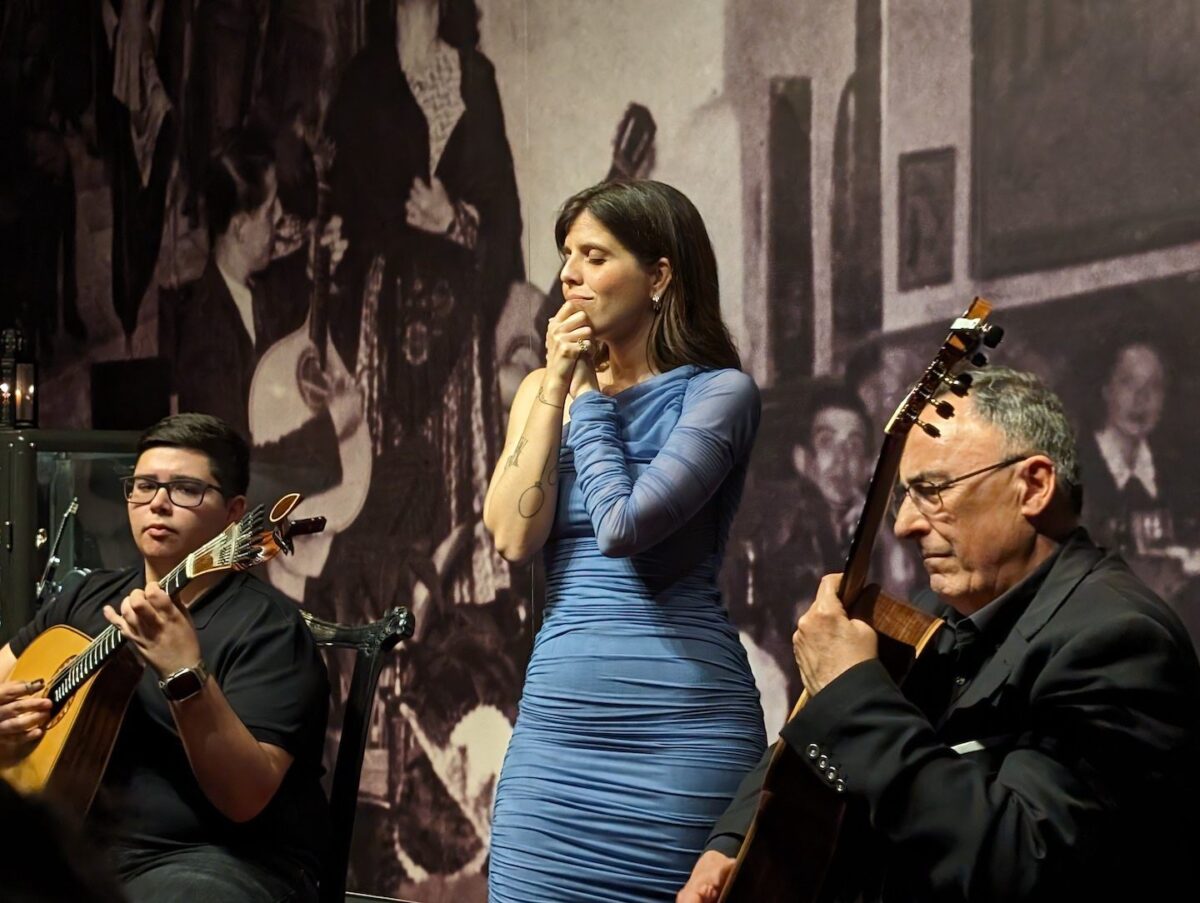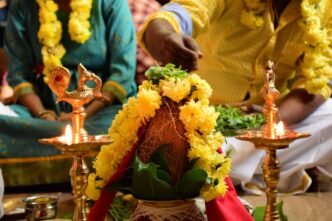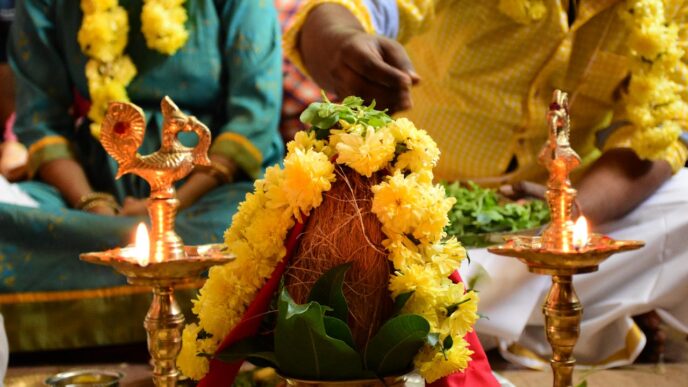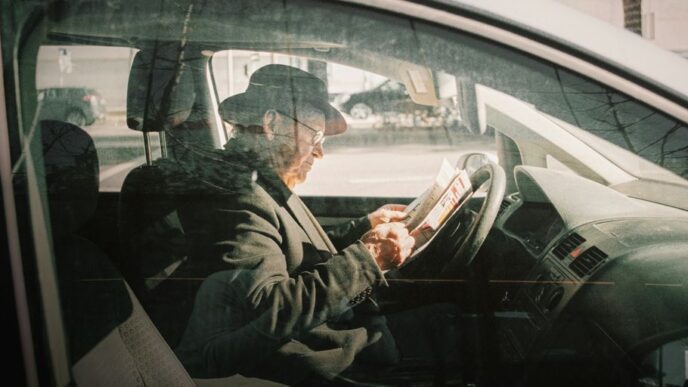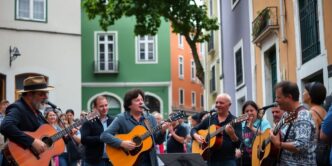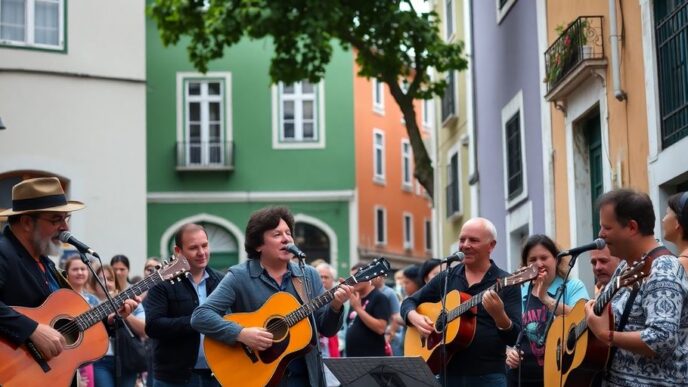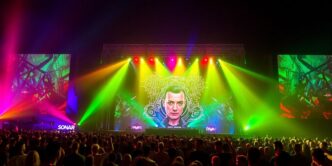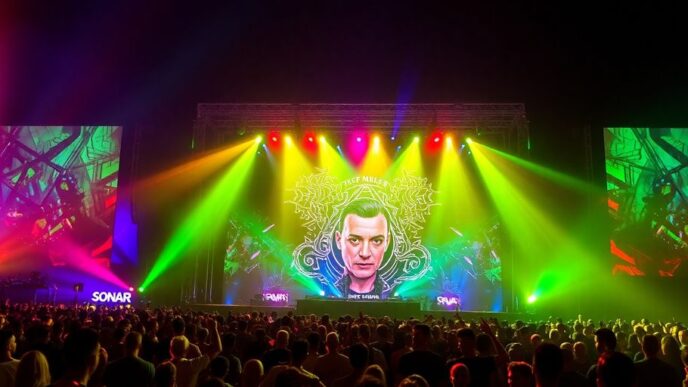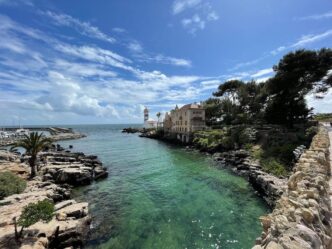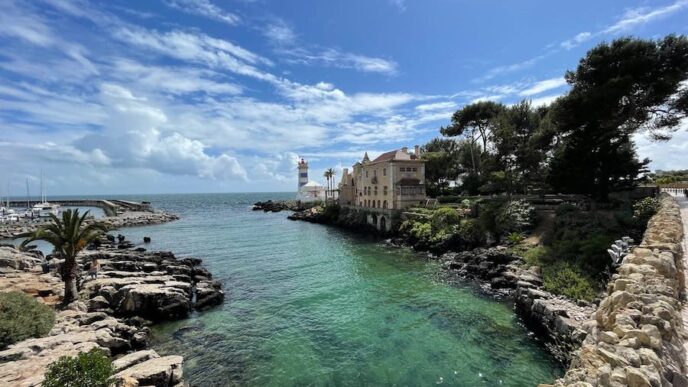Whether you’re in town for Web Summit, or planning a vacation, Lisbon is rich with iconic spots where you can experience Fado in all its soulful intensity. Here are some popular venues to immerse yourself in this authentic Portuguese music:
- Clube de Fado – Located in Alfama, one of Lisbon’s oldest neighborhoods, Clube de Fado offers an intimate, traditional Fado experience. This historic spot is known for its authentic performances and rustic ambiance.
- A Severa – Named after the legendary 19th-century Fado singer, Maria Severa, this cozy venue in Bairro Alto has been serving up Fado and traditional Portuguese cuisine since the 1950s. The atmosphere is classic Lisbon, offering a nostalgic Fado experience.
- Café Luso – Housed in an 18th-century former palace in Bairro Alto, Café Luso is a renowned Fado house with a large stage and a beautiful interior. They offer a combination of dinner and Fado shows, making it popular with visitors who want the full Fado experience.
- Tasca do Chico – This small and lively bar in Bairro Alto is famous for its “Fado vadio,” an informal style of Fado that lets locals and newcomers alike share the stage. It’s a great place for a casual night out with spontaneous Fado performances.
- Adega Machado – Also in Bairro Alto, Adega Machado has been a staple of the Lisbon Fado scene since 1937. Known for its contemporary twist on Fado, it showcases both traditional and emerging Fado singers, making it a popular choice for locals and visitors alike.
- Parreirinha de Alfama – Located in the heart of Alfama, this Fado house was founded by Argentina Santos, a renowned Fado singer. It’s famous for its family-like atmosphere and authentic Fado sessions, where each performance resonates deeply with the audience.
- Museu do Fado – While not a traditional Fado house, the Fado Museum is a fantastic spot to learn about Fado’s history and cultural importance. You can catch live Fado performances here and explore exhibits that celebrate this unique musical genre.
These Fado spots in Lisbon are not only about music but about the rich history and cultural connection that Fado shares with the city itself.

